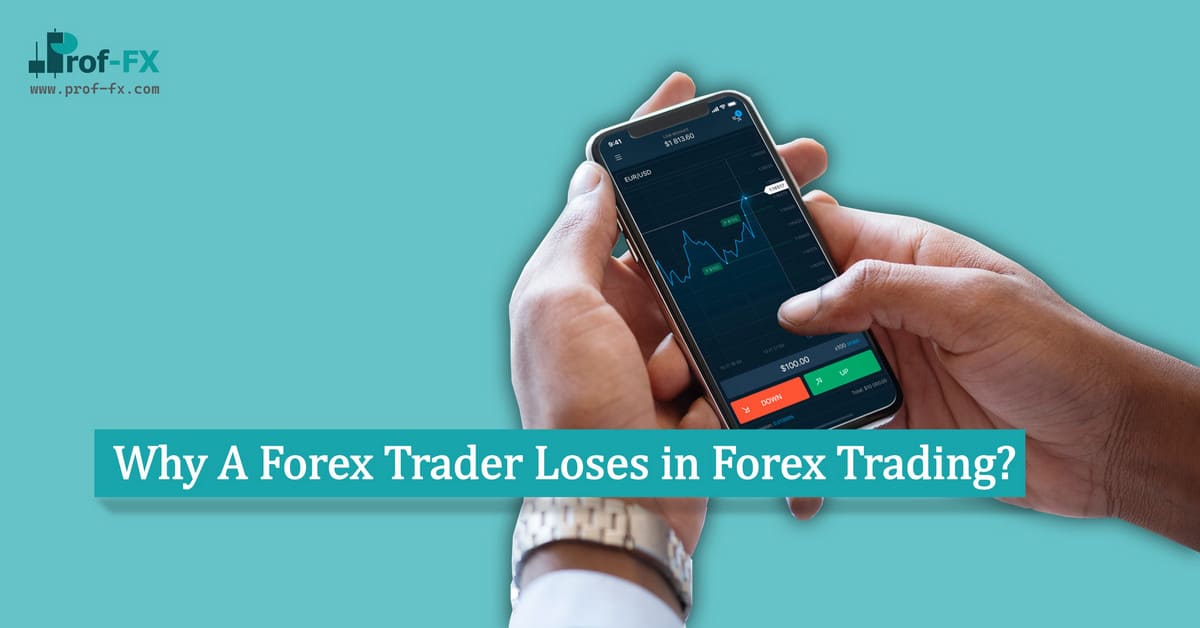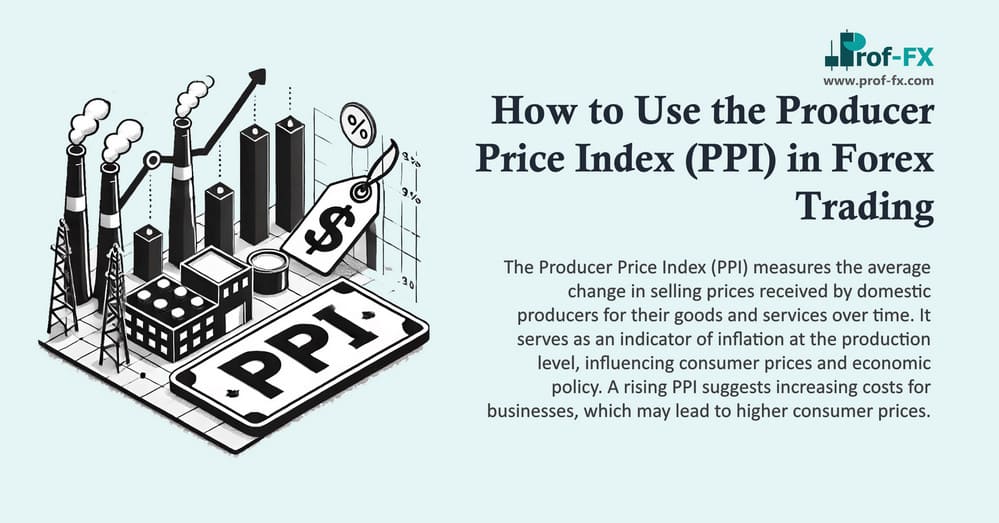The South Korean won (KRW) is considered to be an exotic currency in the Forex market. South Korea is the world’s twelfth largest economy.
Trade Surplus or a Trade Deficit
South Korea runs a trade surplus of $36.35 billion, giving the coun¬try a ranking of 12 out of the 190 countries tracked by the CIA in The World Factbook.
What Does Your Economy Export?
South Korea exports semiconductors, wireless telecommunications equipment, motor vehicles, computers, steel, ships, and petrochemicals.
According to the World Trade Organization (WTO), South Korea exports $363.5 billion in goods and merchandise compared to only $57.3 billion in commercial services. The WTO breaks down those exports as follows:
Goods and Merchandise
- Agricultural products: 2.0 percent
- Fuels and mining products: 8.4 percent
- Manufactures: 88.7 percent
Commercial Services
- Transportation: 50.5 percent
- Travel: 16.5 percent
- Other commercial services: 33.0 percent
To Whom Does Your Economy Export?
The WTO ranks the following countries as the top destinations for exports from South Korea:
- China: 23.9 percent
- European Union: 12.8 percent
- United States: 10.4 percent
- Japan: 6.0 percent
- Hong Kong: 5.4 percent
What Does Your Economy Import?
South Korea imports machinery, electronics and electronic equipment, oil, steel, transport equipment, organic chemicals, and plastics.
According to the WTO, the country imports $323.1 billion in goods and merchandise compared to only $75 billion in commercial services. The WTO breaks down those imports as follows:
Goods and Merchandise
- Agricultural products: 6.5 percent
- Fuels and mining products: 35.5 percent
- Manufactures: 57.6 percent
Commercial Services
- Transportation: 31.2 percent
- Travel: 17.8 percent
- Other commercial services: 51.1 percent
From Whom Does Your Economy Import?
The WTO ranks the following countries as the top sources of imports to South Korea:
- China: 16.8 percent
- Japan: 15.3 percent
- European Union: 10.0 percent
- United States: 9.0 percent
- Saudi Arabia: 6.1 percent
Do You Have an Attractive Government Debt Market?
South Korea currently has a Moody’s rating of Aa2. It received this latest rating on April 14, 2010. This most recent rating was an upgrade from the Al rating that the country had held previously. This is a positive sign for the country’s government debt market (www.moodys.com).
Do You Have an Attractive Equities Market?
South Korea has an attractive equities market. It is the seventeenth largest equities market in the world, with a total market value of $836.5 billion(CIA.gov).
Central Bank Mandate
The objectives of monetary policy differ over time, depending on the economic situation of a country. The objectives of South Korea’s monetary policy have varied over time and in accordance with the state of the economy, but nowadays price stability is regarded as the most important objective of monetary policy. This stems from the conviction that sustainable economic growth, which is the ultimate objective of monetary policy, can be achieved only on the basis of price stability. If inflation accelerates, uncertainties over the future mount, dampening economic activities as a whole. Likewise, economic efficiency declines as a result of the distorted distribution of income and resources.
Like most other central banks, the Bank of Korea takes price stability as the most important objective of its monetary policy. The current Bank of Korea Act clearly sets out price stability as the purpose of the Bank of Korea’s establishment and stipulates that it should seek to bring about price stability by setting inflation target in consultation with the government and do its utmost to attain this target (eng.bok.or.kr).
The Bank of Korea has foreign currency reserves of $289,277 million and gold deposits of $80 million.
Government Intervention in Forex
The South Korean government has been known to intervene in the currency market from time to time.
Important Economic Announcements
When you are watching the economic announcements coming out of South Korea, make sure that you keep your eye on the following:
- Interest rates
- Employment
- Inflation
- Gross domestic product (GDP)
- Trade balance
Are You a Safe-Haven Currency?
No, the South Korean won is not considered to be a safe-haven currency.
How Can I Trade You?
You can trade the South Korean won using either of the following:
- Spot Forex
- Forex futures










